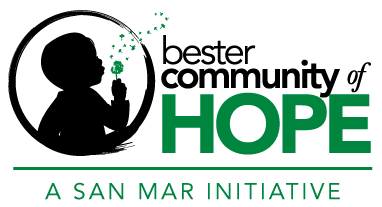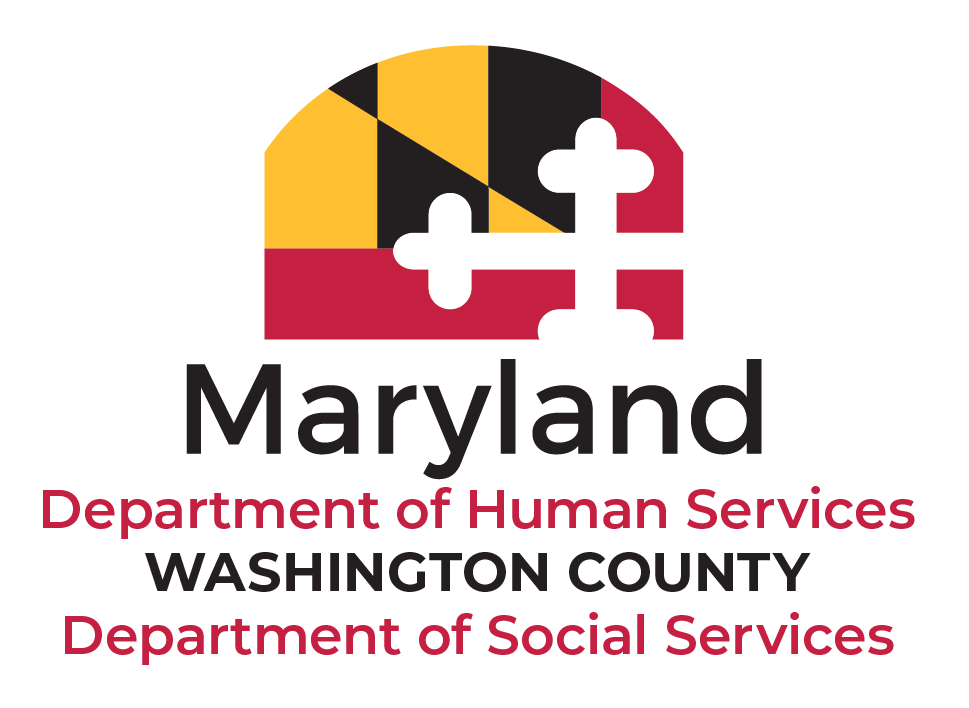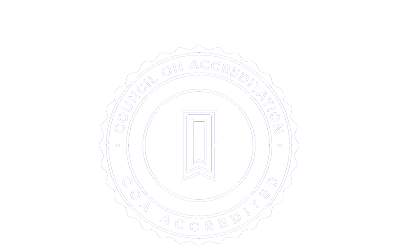You may have seen several of us wearing green t-shirts in your neighborhood over the past two months on nights and weekends completing the neighborhood perception survey, we’re happy to report we completed survey number three hundred twenty one today and we are officially done with our representative sample! Not a moment too soon, it’s getting cold out there! We’ll be reviewing this information with our community advisory board next Friday as yet another mechanism to really understand the experiences in the neighborhoods that comprise the Bester catchment. While the data we gathered was beneficial, our team found it equally if not more valuable to hear your feedback and learn all about every little detail that makes up this great community with our boots on the ground. Thanks for being so giving of your time when a stranger came to your door and asked you to do a 26 question survey, we were all humbled by your patience and willingness to participate! Over the next month we plan to make a variety of this data available on our website www.besterhope.org, and more importantly, transfer this knowledge into tangible actions.
Also, as a part of our approach to take a close look at where the strengths and needs are in neighborhoods, this past Thursday BCOH gathered a group of social institution leaders at University Systems of Maryland at Hagerstown to focus on how we can study what the social institution data at the City and County level says about the best places to put our energy in the Bester neighborhood. Our primary focus is to listen and understand the feedback of the residents of Bester neighborhoods, but we also need to have easy access to data that comes out of our social institutions, such as education, health and social services to ensure we are on the right track. Experts from across the country shared strategies of the best ways to set-up a system of this type in Hagerstown, and over the next year we hope to be able to continue to make it easier to evaluate the best ways to understand what the data is telling us. Speakers at this gathering included Dr. Maya McDoom-Echebiri (Johns Hopkins – Comstock Center, Hagerstown), Uma Ahluwalia (Director, Montgomery County DHHS), Tyler Corwin (Casey Family Programs) and Trudie Thomas (Policy Map). We’ll be meeting with several partners over the next six months with a target of a late Spring 2017 gathering to explore data across the City of Hagerstown and beyond as a tool for community progress. We’re excited to be a part of this effort, let us know if you’re interested in participating in the process!
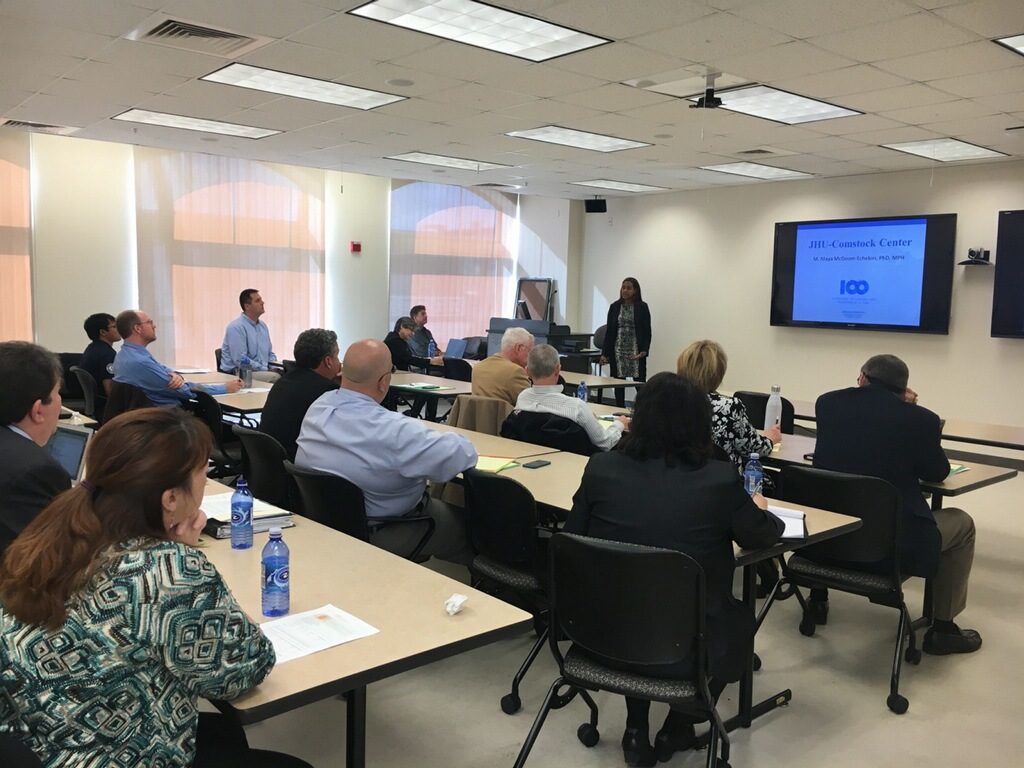
Dr. Maya McDoom-Echebiri explains to the group the long-term history of Johns Hopkins in the City of Hagerstown studying and solving major health problems using data
